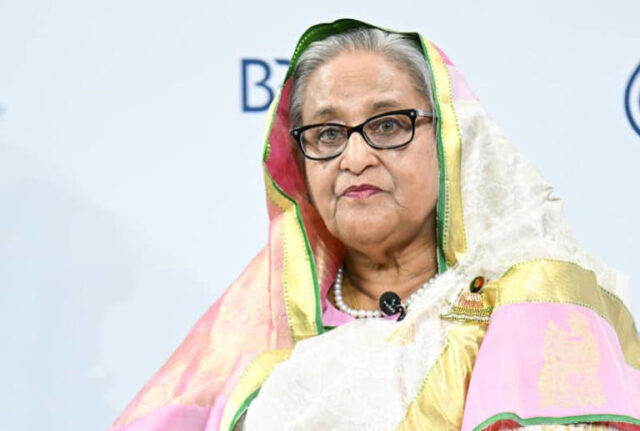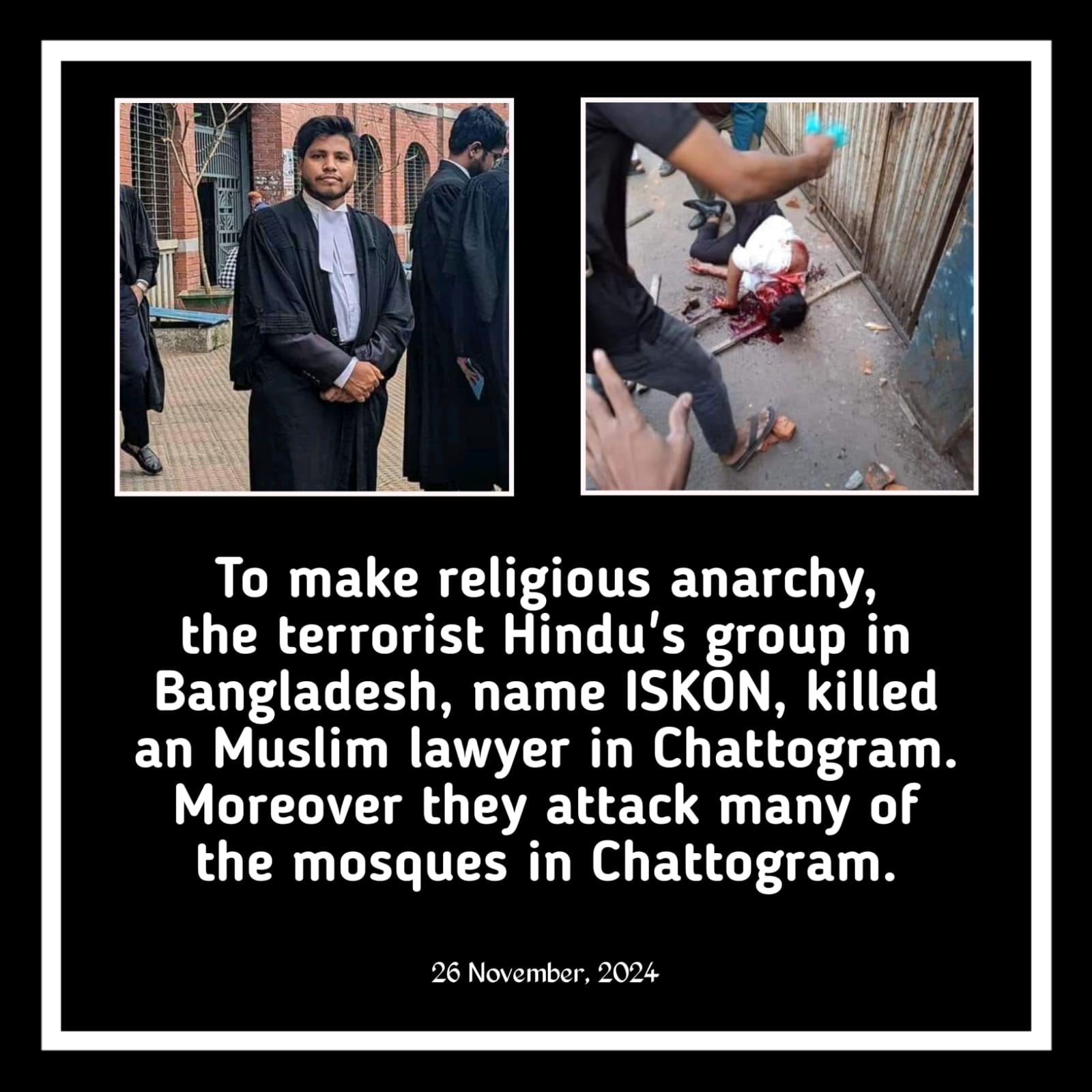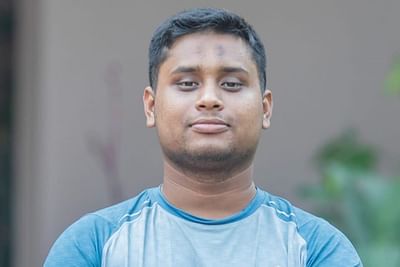Former Bangladeshi Prime Minister Sheikh Hasina and nine others have been formally accused of committing “genocide and crimes against humanity” during the violent protests that erupted in the weeks leading up to her ouster. The protests, which left hundreds dead, were sparked by opposition to the government’s job quota system and eventually evolved into a widespread uprising against Hasina’s rule.
The accusations were brought to the International Crimes Tribunal (ICT), a specialized Bangladeshi court established to prosecute cases of genocide and crimes against humanity. “An investigation into the case has been launched as we formally registered a complaint in this connection,” Ataur Rahman, a senior official at the ICT, confirmed to local media on Wednesday.
The complaint was filed by Supreme Court lawyer Gazi Tanim on behalf of a grieving father whose ninth-grade son was killed in police gunfire during a protest on August 5, just outside the capital, Dhaka. Along with Sheikh Hasina, four senior members of her Cabinet, the former national police chief, and three other police officers have been named in the case.
The petitioner alleges that the accused orchestrated and executed a campaign of genocide and crimes against humanity by directing security forces to use lethal force against unarmed anti-government protesters. The protests, which initially targeted the discriminatory government job quota system, quickly escalated into a broader movement against Hasina’s increasingly authoritarian leadership. Reports indicate that over 500 people were killed during the month-long unrest.
Hasina resigned on August 5 amid mounting pressure and fled to India via military helicopter. Her departure, however, did little to quell the violence, as enraged protesters continued to target police stations, businesses, and properties linked to Hasina’s supporters.
In the political vacuum that followed, Nobel Peace Prize laureate Muhammad Yunus was appointed as the head of an interim government. His administration has since been working to restore order and address the grievances of the protesters.
Asif Nazrul, an adviser to the interim administration, spoke to the media on Wednesday, indicating that the government is committed to holding trials for those responsible for the killings during the protests. “We are dedicated to ensuring justice for the victims and holding those accountable who used excessive force against civilians,” Nazrul stated.
The protesters, who had long accused Hasina of authoritarianism, cited her heavy-handed response to the unrest as evidence of her disregard for human rights. The former prime minister allegedly authorized the deployment of police, paramilitary Border Guard Bangladesh forces, and army troops to suppress the protests, in addition to imposing nationwide curfews and internet shutdowns.
The ICT’s investigation into the allegations against Hasina and her associates marks a significant development in the aftermath of her tumultuous exit from power. The tribunal’s findings, once finalized, will be passed on to prosecutors, who will determine the next steps in what could become a landmark legal case in Bangladesh’s history.










